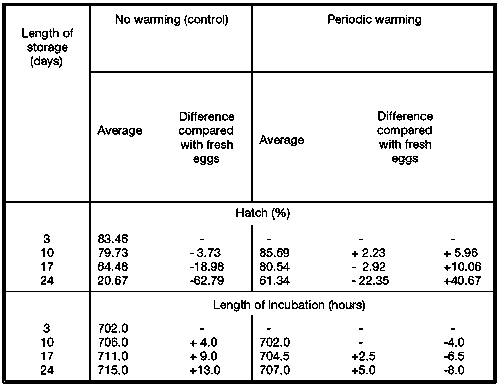Contents
Hatching goose egg: shelf life
The most difficult egg to incubate is a waterfowl egg, especially a goose. The incubation goose egg must be of good quality – harvested on time, clean, stored at a certain temperature. The number of chicks hatched, their health and vitality depends on this.
What should be an incubation goose egg
In February or early March, the egg for incubation is harvested while it is still warm and has not had time to cool down to +8 degrees. It is also undesirable for the goose to sit on it for a long time, warming it with its warmth.
The incubation goose egg is stored no more than 14 days after collection
Dirty eggs are immediately washed in 1,5% hydrogen peroxide solution, then dried or gently wiped off. The solution should be warm or at room temperature
If the dirt is not washed off, pathogenic bacteria will begin to multiply, threatening the embryo. The chick may not hatch, or it will have to be given antibiotics for the first days of its life so that it does not die.
Store the eggs with the sharp end down. The boxes are installed at a slight slope, covered with a clean cloth or cardboard. If there is a clean basement with a suitable temperature and humidity, the egg crates are stored there.
Storage temperature for hatching goose eggs
The temperature for storing eggs should not exceed + 16 ° C. For embryos, both hypothermia and overheating are harmful. When the egg is strongly cooled, the embryo freezes, and it becomes unsuitable for incubation.
When the storage temperature is above + 18 ° C, the embryos slowly begin to develop, from such eggs healthy goslings will no longer hatch
Can be used as storage in a basement or a shaded cool room. At night, the temperature in the room should not drop below +10 degrees, and during the day it should rise above +16 degrees.
Shelf life of goose hatching eggs
Goose eggs are stored from the moment of collection from 7 to 14 days. The shorter the shelf life, the better. The duration of storage is influenced by air humidity, it should not be lower than 50%.
Drying out during storage is undesirable for hatching eggs. It is best that the indoor humidity is 65 or 70%
Incubating goose eggs is a challenging task. The key to success is quality eggs from healthy birds and proper storage.
For successful incubation, it is important to collect and store goose eggs on time. The storage room must be kept at an optimum temperature and humidity. To keep the eggs clean, they are washed or treated with a germicidal lamp.










